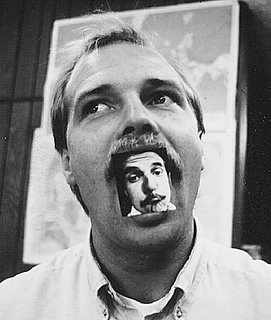Artistic license
 I heart wikipedia.
I heart wikipedia.Artistic license, also known as dramatic license, is a colloquial term used to denote the distortion or complete ignorance of fact, or the changing of an established work that an artist may undertake in the name of art — for example, if an artist decided it was more artistically "correct" to portray St. Paul's Cathedral next to the Houses of Parliament in a scene of London, even though in reality they are not close together, that would be artistic license.
Another type of artistic license, poetic license (licentia poetica), refers to the ability of a poet to ignore some of the minor requirements of grammar for poetic effect. For example, Mark Antony's "Friends, Romans, Countrymen, lend me your ears" from Shakespeare's Julius Caesar would technically require the word "and" before "countrymen", but this is omitted to preserve the rhythm of iambic pentameter. Conversely, on the next line, the end of "I come to bury Caesar, not to praise him" has an extra syllable because omitting the word "him" would make the sentence unclear, but adding a syllable at the end would not disrupt the meter. Both of these are examples of poetic license.
In summary, artistic license is:
* Entirely at the artist's discretion
* Intended to be tolerated by the viewer (cf. "willing suspension of disbelief")
* Neither "good" nor "bad"
* Useful for filling in gaps, whether they be factual, compositional, historical or otherwise
* Used consciously or unconsciously, intentionally or unintentionally or in tandem
Artistic licence often provokes controversy by offending those who resent the reinterpretation of cherished beliefs or previous works. Artists often respond to these criticisms by pointing out that their work was not intended to be a verbatim portrayal of something previous and should only be judged on artistic merit. Artistic licence is a generally accepted practice, particularly when the result is widely acclaimed. William Shakespeare's historical plays, for example, are gross distortions of historical fact but are nevertheless lauded as outstanding literary works.
Writers adapting a work for another medium, e.g. a film screenplay from a book, often make significant changes, additions to or omissions from the original plot in the book, on the grounds that these changes were necessary to make a good film. These changes are sometimes to the dismay of fans of the original work. For example, Peter Jackson's film versions of The Lord of the Rings, though adhering to the major events of J.R.R. Tolkien's books, contain various plot alterations and omissions that have upset devotees of the book. The films have nevertheless been acclaimed as an outstanding cinematic accomplishments, though many also remain critical of them.


1 Comments:
Informative and true, brother.
I'm glad to see you're keepin' it real, man.
Peace.
Post a Comment
Subscribe to Post Comments [Atom]
<< Home